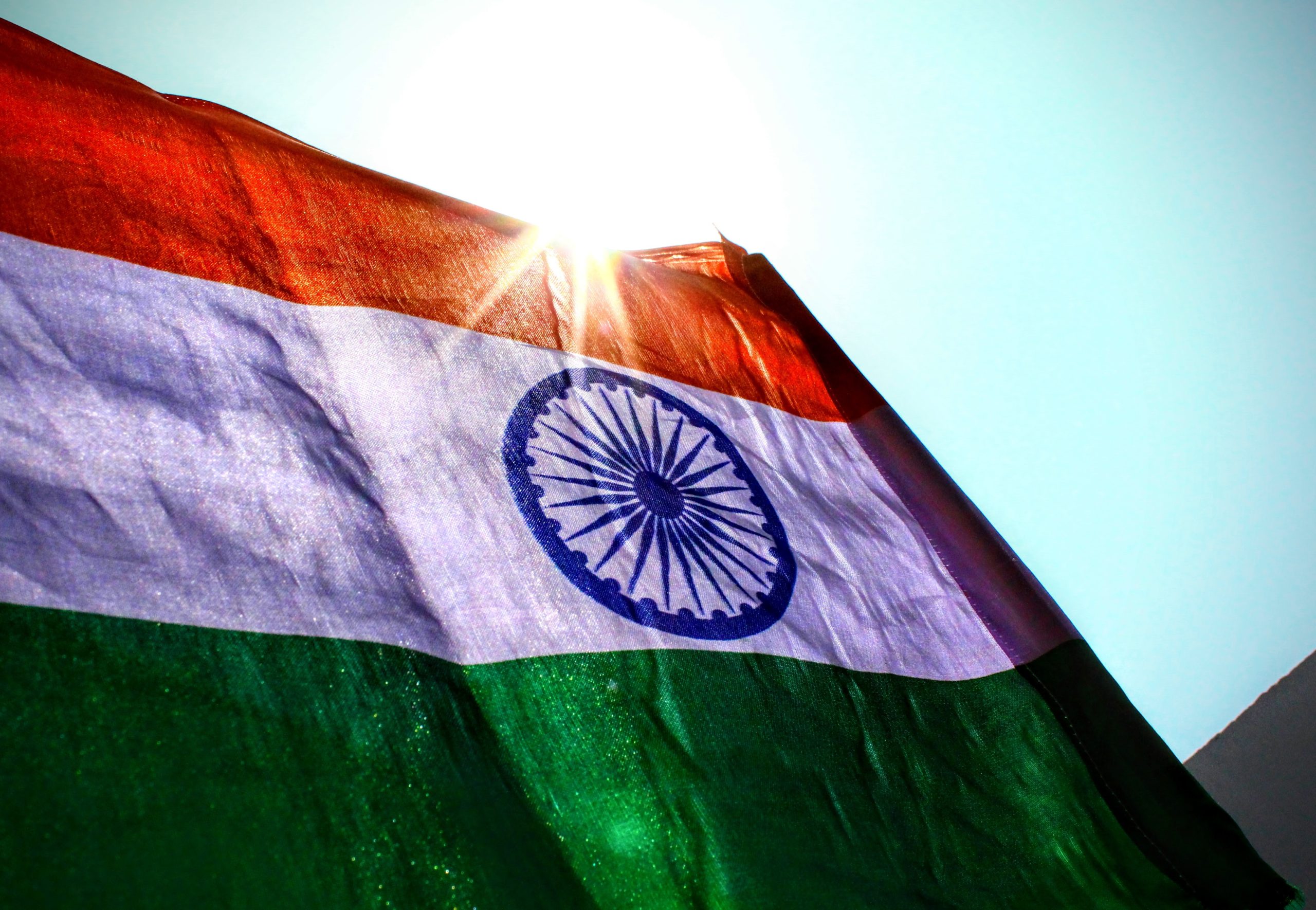3 Mins Read
A new joint report from business technology outfit CIIE.Co and the Good Food Institute (GFI) claims that cultivated meat could radically transform India’s food system. Stronger national food security, a more climate resilient food supply chai and reliable nutrition were all cited as major reasons why.
The caveat? The report states that without significant government investment, alongside industry acceptance and research, cultivated meat will not be a viable step forward for India in the coming decades. With that in mind, it was recommended that such protein alternatives be promoted as sustainable options that reduce the risk of economic instability. The report mapped the potential cultivated landscape for India. As startups Clear Meat and MyoWorks find their feet and start innovating, others are expected to join in growing the sector.

The body is willing
As cultivated meat gains acceptance, an increasing number of countries are looking at regulatory approval. Green Queen’s Sonalie Figueiras surmised in her 2022 trend predictions that the U.S. will likely be the next market to approve some form of cultivated meat this year after Singapore made history with Eat Just in 2020. This will not be a priority in countries where consumer resistance to new protein sources is high, however. In a separate report, 50 percent of Indian consumers polled said they would be willing to try cultivated meat. This hesitation is seen by companies in the sector as a sign of a growth market.
“To transcend the Michelin-starred restaurants of Singapore and Los Angeles and form a pillar of that new economy in the Indian mass market, however, transformative technologies like cultivated meat need our world-class scientists, industry, and government to come together in a Mission for Smart Protein,” Varun Deshpande, managing director of GFI Asia said in a statement. “The advantages for India’s global competitiveness and self-sufficiency in building a sustainable supply of nutritious foods targeting malnutrition and creating lakhs of jobs will resonate for decades to come.”
Veganism is also taking off in India, in a big way. That doesn’t mean that there isn’t space for the flexitarian or conscious meat-eating trend to grow as well. A recent Kerry study showed that India is a major driver for plant-based and flexitarian markets. Consumers are intrigued and confident enough to try meat alternatives. This information will have bolstered companies already looking to enter the sector. While companies will have been reading the findings to ascertain interest in meat-free options, figures pointed towards a large contingent of meat-eating consumers that remained open to other options.
Non-vegetarians were identified by Kerry as using plant-based proteins as meal bases, not main courses. This leaves space for a central protein that fulfills reported health and sustainability concerns. Cultivated meat could tick both boxes for omnivorous consumers that don’t want to exclude animal protein altogether.
Further findings showed that 60 percent of people surveyed would be happy to pay a premium for a meat alternative that tasted good and was healthy for them. This thinking could be extended to cultivated offerings, which are still a little way off from reaching price parity with conventional meat.

Heading in the right direction
India is already making strides towards smart and alternative proteins, particularly in terms of vegan foods. Earlier this month, ITC revealed its intention to make a mark on the plant-based foods industry. The conglomerate will be developed using pea protein as a starting point. Soy and legume alternatives are said to be on the cards as well. Consumer goods and supplier ingredients are both being touted for release.
A new partnership between delivery giant Swiggy and plant-based meat producer GoodDot shows the growing demand for alternative proteins. The two are working together to make doorstep deliveries of healthy vegan food easy and reliable. Limited roll out has already begun, with more cities expected to join delivery routes soon.
Lead photo by Aniyora J on Unsplash.





